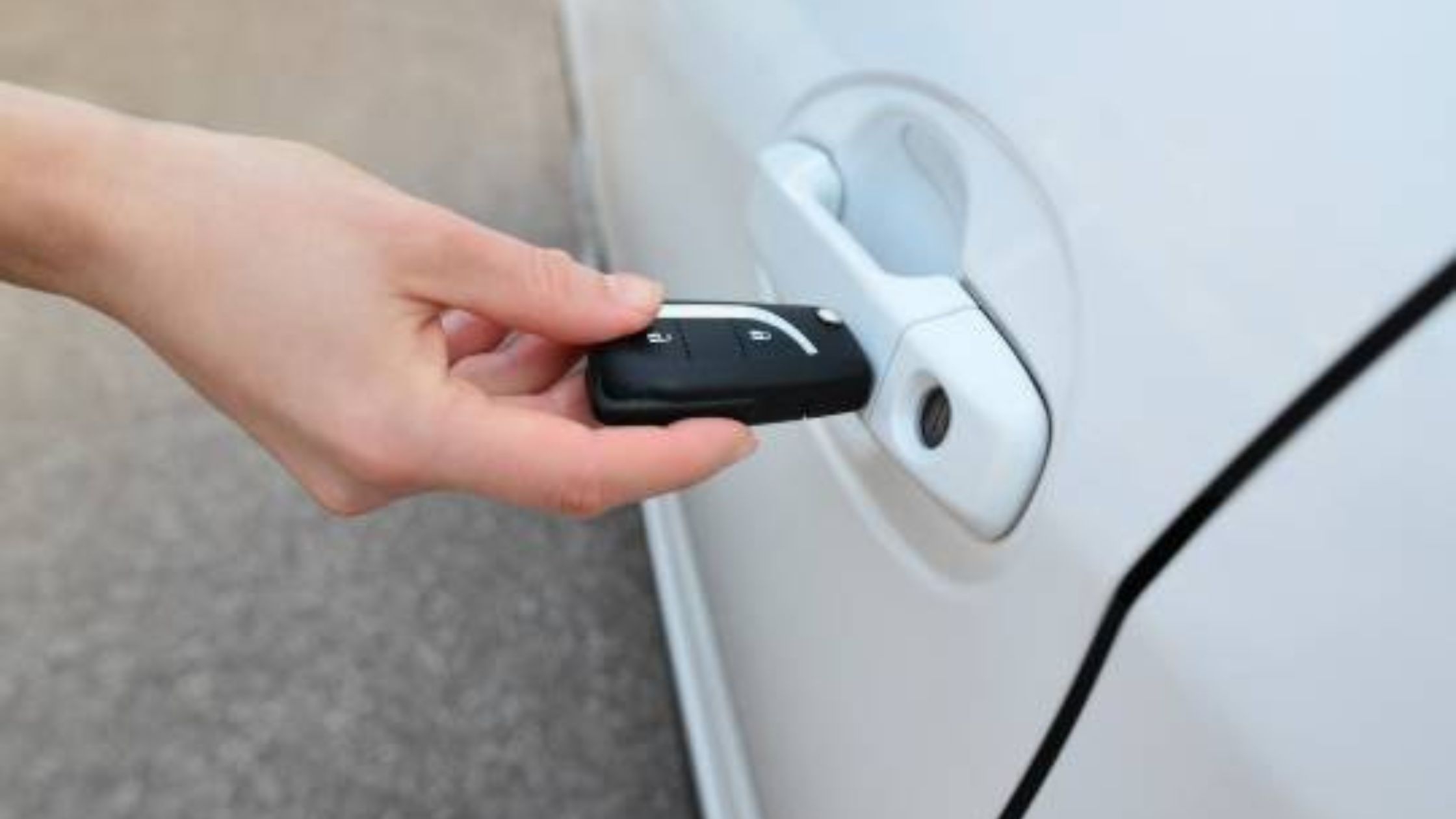How Does Extreme Weather Affect Car Locks and Keys?

Extreme weather conditions can serve up some of nature’s most dramatic performances. From scorching heat waves to bone-chilling freezes, these weather extremes not only impact our daily routines but also affect the seemingly invincible mechanisms of our cars. Whether you're cruising down the sun-soaked highways of San Antonio or battling through a blizzard, understanding how extreme weather influences car locks and keys can save you from unexpected mishaps.
Let’s dive into the intricate relationship between weather and your car’s security.
Searing Heat and Its Effects
In the heart of San Antonio, where the sun often reigns supreme, the scorching heat can be relentless. But did you know that this heat can also play havoc with your car’s locking system? High temperatures cause metal components to expand, and this includes the inner workings of your car’s locks. When metal expands, it might lead to issues with the alignment or movement of locking mechanisms, making it harder to smoothly operate the locks.
Freezing Cold
Conversely, those chilly nights and frosty mornings in San Antonio's winters aren’t just tough on your fingers; they’re equally harsh on your car’s locks and keys. Sub-zero temperatures can cause metal to contract, potentially leading to locks that are slow to respond or, in severe cases, completely frozen. Imagine being in a rush, only to find your car’s lock refusing to budge in the icy grip of winter.
Moisture and Its Sneaky Impact
Now, pair the extreme temperatures with moisture, and you have a recipe for trouble. Rain, humidity, or even dew in the early mornings can seep into your car’s locks and settle there. When temperatures drop, this moisture can freeze, causing the tumblers and pins inside the lock to jam. Your key might refuse to turn, leaving you stranded and frustrated.
Tips and Tricks
Living in a place like San Antonio with its diverse weather patterns means being proactive in protecting your vehicle. Here’s how you can safeguard your car’s locks and keys:
Regular Maintenance Checks
Stay ahead of the game by routinely lubricating your locks. Using a graphite-based lubricant can prevent the tumblers from sticking, especially during those hot and humid days.
Shielding from the Elements
Consider using a silicone-based spray or WD-40 to create a protective barrier on your locks. This can repel moisture, reducing the chances of freezing during colder spells.
Spare Key Preparation
Preparing spare keys is more than just a precaution; it’s a lifeline during emergencies. Store them in a safe place away from extreme temperatures to ensure they function when needed.
Seeking Professional Help
When all else fails, reaching out to a reliable car locksmith is the smart move in San Antonio. A professional locksmith can inspect and address lock issues caused by extreme weather, ensuring your vehicle's security is restored efficiently.
Impact of UV Rays
The blistering Texas sun isn't just about the heat; it's also about the harmful UV rays. Continuous exposure to the ultraviolet rays can cause damage to the plastic components of your car keys, making them brittle or discolored. Moreover, it might affect the remote locking system, reducing its range or functionality over time.
Salt and Corrosion
In regions prone to coastal breezes or where road salt is used during winter, corrosion becomes a significant concern. Salt can seep into the car's locking mechanisms, accelerating the rusting process. This corrosion could cause the locks to become stiff or difficult to operate.
Electronic Key Fobs
Modern cars often come with electronic key fobs. While convenient, these fobs are also susceptible to weather-induced issues. Extreme temperatures can majorly impact the battery life of these fobs, leading to unexpected failures. Additionally, electronics within the fob might malfunction due to temperature variations, rendering them ineffective.
Quick Fixes and Long-Term Solutions
In addition to the preventive measures discussed earlier, a few quick fixes can help during weather-induced lock troubles. For instance, using a lighter or matches to gently warm up the key during freezing temperatures might help unfreeze the lock. However, be cautious and avoid using excessive force as it could damage the key or lock.
Final Words
While extreme weather might seem like an unstoppable force, being mindful of its effects on your car’s locks and keys can help you stay one step ahead. Whether it’s the blazing heat or the biting cold, taking preventive measures and knowing when to seek expert help from a locksmith in San Antonio for cars can save you from being locked out or facing malfunctioning locks. After all, protecting your vehicle from nature’s whims ensures a smoother ride wherever your travels take you.
- Industry
- Art
- Causes
- Crafts
- Dance
- Drinks
- Film
- Fitness
- Food
- Jeux
- Gardening
- Health
- Domicile
- Literature
- Music
- Networking
- Autre
- Party
- Religion
- Shopping
- Sports
- Theater
- Wellness
- News


